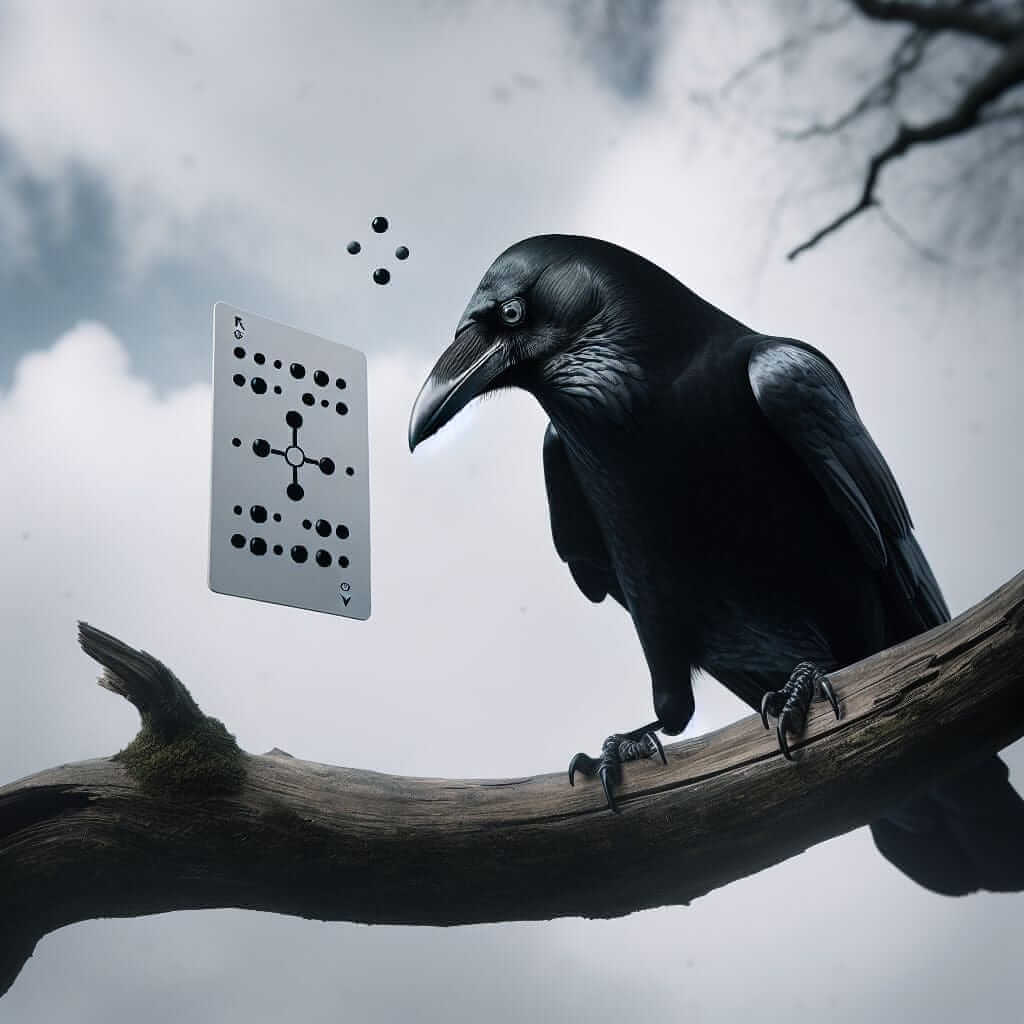As an IELTS instructor with over two decades of experience, I often encounter students fascinated by the question: “Can animals count?” This curiosity isn’t just for casual conversation; it frequently pops up in IELTS Reading passages, especially those exploring animal intelligence and cognition. This article will delve into how the IELTS Reading section tackles this intriguing topic, equipping you with the skills and strategies to navigate such passages effectively.
Understanding the Relevance of Animal Cognition in IELTS Reading
The IELTS Reading test assesses your ability to comprehend complex texts on a variety of subjects, including scientific topics like animal behavior. Passages exploring whether animals can count often delve into:
- Cognitive Abilities: These passages might discuss experiments designed to test if animals can distinguish quantities, understand numerical sequences, or perform basic arithmetic.
- Evolutionary Advantages: The texts might explain how the ability to count could be beneficial for animals in the wild, such as when foraging for food, tracking prey, or protecting offspring.
- Comparative Psychology: You might encounter comparisons between the numerical abilities of different species, including humans, primates, birds, and even insects.
Mastering IELTS Reading Passages on Animal Intelligence
Here’s how to approach passages about animals and counting:
1. Skim for Key Information
- Identify the Passage Type: Is it descriptive, analytical, or argumentative? This will guide your reading approach.
- Highlight Key Terms: Look for words related to counting, numbers, quantities, cognition, intelligence, experiments, and species names.
- Note Headings and Subheadings: These provide a roadmap for the passage’s structure and main ideas.
2. Scan for Specific Details
- Pay attention to numbers, statistics, and experimental results. These often hold crucial information for answering questions.
- Look for comparisons and contrasts between different species or experimental methods.
- Be aware of cause-and-effect relationships between an animal’s numerical abilities and its behavior or survival.
3. Develop Your Vocabulary
Familiarize yourself with words commonly used in texts about animal cognition, such as:
- Cognition, intelligence, perception, reasoning, numerical, quantitative, sequence, abstract, concept, innate, learned behavior.
- Species-specific terms: primate, avian, mammal, insect, etc.
4. Practice Active Reading
- Summarize paragraphs in your own words to ensure comprehension.
- Formulate questions as you read to anticipate potential test items.
- Make notes and underline key points to aid information retrieval.
Example: Applying Your Skills
Imagine an IELTS Reading passage discussing a study where crows were trained to identify a specific number of dots. You might encounter questions like:
- What was the main finding of the study on crows? (Testing your understanding of the central idea)
- According to the passage, how does the ability to count benefit crows in their natural environment? (Assessing your ability to identify specific details)
- Which of the following is NOT mentioned as a factor influencing an animal’s ability to count? (Evaluating your ability to differentiate between stated and unstated information)

Tips for Success
- Practice consistently: Regularly engage with a variety of IELTS Reading passages on different topics, including science and nature.
- Expand your vocabulary: Actively learn and review words related to animal behavior, cognition, and scientific research.
- Develop critical thinking skills: Analyze the author’s purpose, arguments, and evidence presented in the passages.
Conclusion
The topic of whether animals can count is not just a fascinating scientific inquiry; it’s an excellent example of the kind of material you might encounter in the IELTS Reading section. By understanding the types of passages, practicing effective reading strategies, and building your vocabulary, you’ll be well-prepared to tackle this and other challenging IELTS Reading passages with confidence. Remember, consistent effort and a strategic approach are key to achieving your desired IELTS score.